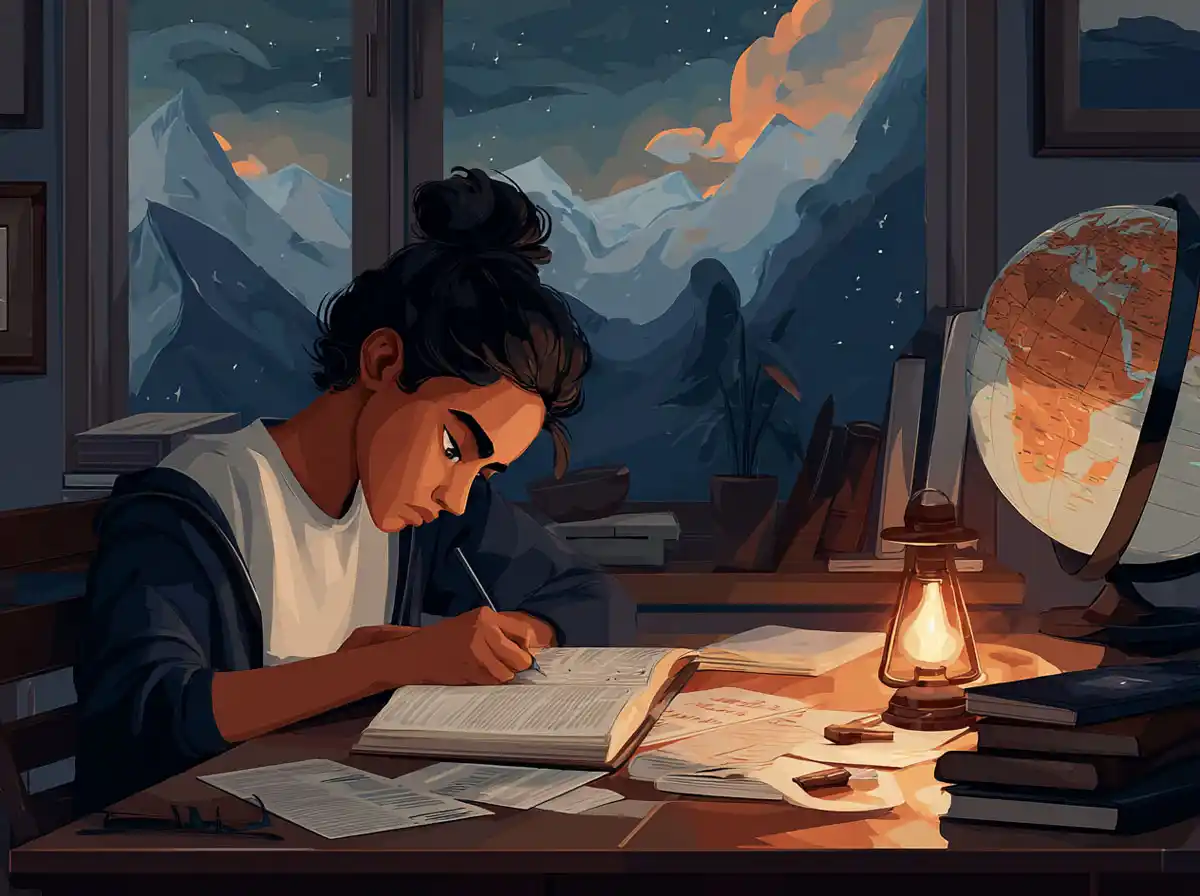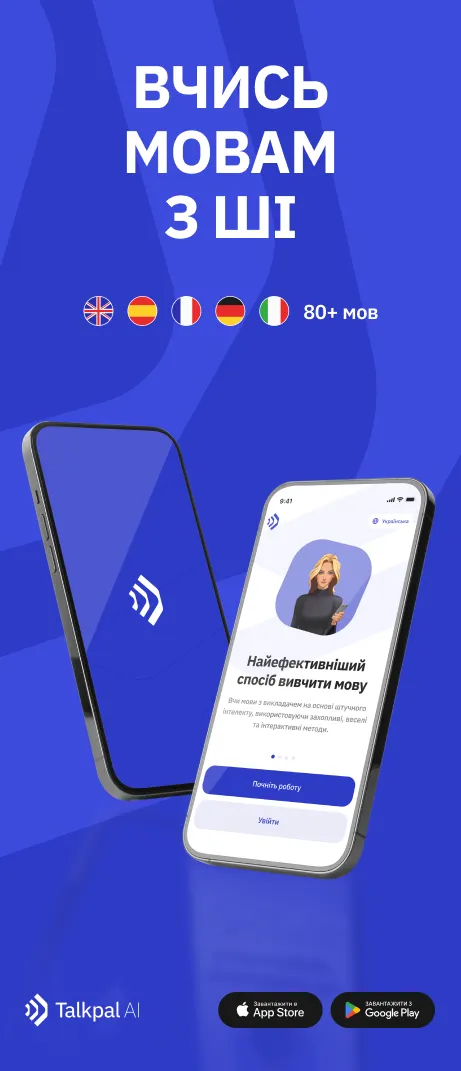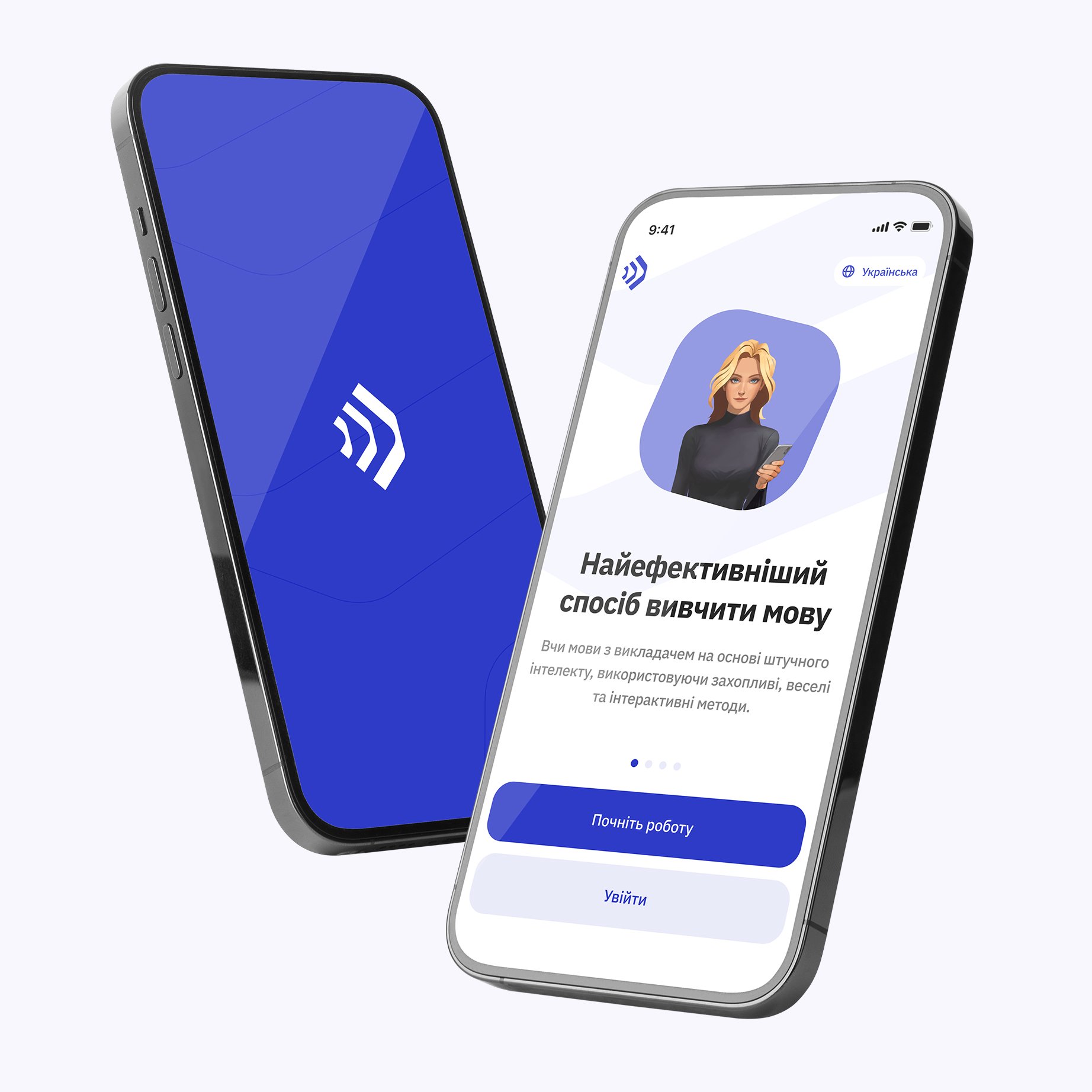Для утворення відносних речень необхідно знати контекст і вміти вибрати підходящий відносний займенник. Вправи, представлені нижче, націлені на розвиток навиків коректного застосування цих граматичних конструкцій. Особлива увага приділяється контекстному використанню, а також вибору правильного займенника в залежності від того, на кого чи на що ми посилаємось у реченні. Успіхів у навчанні і пам’ятайте, що практика робить майстра!
Вправа 1: Вибір правильного відносного займенника
The woman *who* (person) you saw yesterday is my neighbor.
This is the book *that* (thing) I told you about last week.
She has a friend *whose* (possession) father is an actor.
The house *where* (place) we lived ten years ago has been demolished.
I remember the day *when* (time) we first met quite vividly.
He is looking for someone *who* (person) can speak multiple languages.
The cake *that* (thing) she baked was delicious.
My uncle, *who* (person) is a pilot, travels a lot.
The notebook *whose* (possession) pages were torn was in the drawer.
I like cities *where* (place) there is a lot to do.
The artist *whose* (possession) paintings are exhibited here is famous worldwide.
The summer *when* (time) we visited Europe was one of the hottest on record.
They want to visit countries *that* (thing) are known for their cuisine.
The car, *which* (thing) was bought last year, has already broken down.
We met a man *who* (person) claims to have walked across America.
Вправа 2: З’єднання речень за допомогою відносних речень
Olivia is the scientist. She discovered the new element. Olivia is the scientist *who* (person) discovered the new element.
He found an old coin in the garden. The coin is from the Roman Empire. He found an old coin in the garden *that* (thing) is from the Roman Empire.
The tourists are looking for a hotel. The hotel is in the city center. The tourists are looking for a hotel *which* (place) is in the city center.
She told me about her journey. The journey took three months. She told me about her journey *which* (thing) took three months.
Our neighbors have a dog. The dog barks a lot. Our neighbors have a dog *that* (thing) barks a lot.
The movie was great. You recommended it. The movie *that* (thing) you recommended was great.
That’s the restaurant. We had dinner there last night. That’s the restaurant *where* (place) we had dinner last night.
The writer is very famous. Her books have been translated into many languages. The writer *whose* (possession) books have been translated into many languages is very famous.
There was a storm last night. It caused a lot of damage. There was a storm last night *which* (thing) caused a lot of damage.
She is looking for a job. She can use her Spanish in the job. She is looking for a job *where* (place) she can use her Spanish.
Do you remember the teacher? He used to wear funny ties. Do you remember the teacher *who* (person) used to wear funny ties?
This is the town. I grew up here. This is the town *where* (place) I grew up.
He bought some flowers. They were for his mother. He bought some flowers *that* (thing) were for his mother.
That’s the girl. Her piano performance won the competition. That’s the girl *whose* (possession) piano performance won the competition.
I’ve always wanted to go to a country. The sun shines all year round there. I’ve always wanted to go to a country *where* (place) the sun shines all year round.










